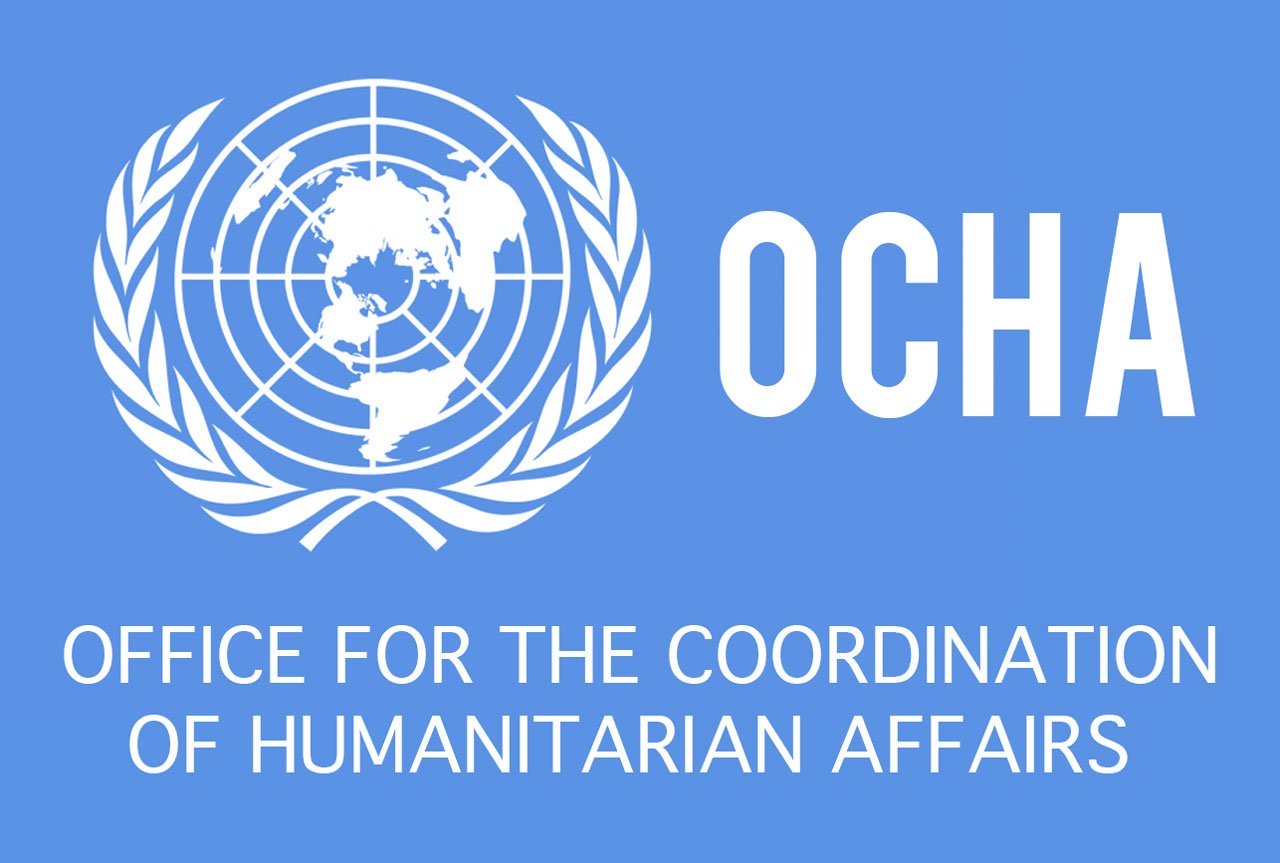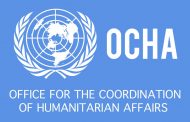Israel demolished, seized or dismantled 18 Palestinian-owned structures in Area C of the occupied West Bank in the first two weeks of April citing the lack of building permits despite large scale appeals to stop this policy in light of the coronavirus outbreak, according to the United Nations Office for the Coordination of Humanitarian Affairs (OCHA) in the occupied Palestinian territories.
It said in its biweekly report on Protection of Civilians in the occupied territories covering the period between 31 March and 13 April that of particular concern was the ongoing demolition of water and hygiene-related structures, which could undermine efforts to contain the spread of coronavirus disease, COVID-19.
“Following the outbreak of COVID-19, the Israeli authorities have largely halted the demolition of inhabited homes, but continued targeting livelihood and service-related structures,” said OCHA.
During the reporting period, the Israeli authorities requisitioned two mobile latrines and damaged two water tanks in the herding community of al Taybe in the Hebron district in the south of the West Bank, and demolished three water cisterns in Kafr Nimeh village near Ramallah. During the latter incident, Israeli forces also uprooted about 1,200 trees, on grounds that the land was declared ‘state land’.
OCHA also said the during the reporting period, eight Palestinians were injured and extensive property, including more than 670 trees, was vandalized by assailants believed to be Israeli settlers. The injuries occurred in three incidents: in the Israeli-controlled H2 area of Hebron city, where two men, one of whom is mentally disabled, were pepper-sprayed; near Kobar village in the Ramallah district, where three farmers were beaten with rifles while working their land; and in the Ramat Eshkol settlement of East Jerusalem, where three Palestinian workers were physically assaulted, including one stabbed and severely injured.
Another four incidents entailed the uprooting or vandalizing of over 670 olive saplings and trees in al Tuwani in Hebron district, Turmus Ayya in Ramallah district and al Khader in Bethlehem district. In the latter village, since the beginning of the year around 1,450 trees belonging to farmers from al Khader village have been vandalized.
Residents from Umm al Kheir herding community reported that settlers poisoned over 20 almond trees. In Ein Qiniya village near Ramallah, settlers ran with motorbikes over land planted with cucumbers, while in Yanun in the Nablus area and al-Jaba in the Bethlehem district, they herded sheep on, and damaged, cultivated land. In another two incidents, settlers raided the outskirts of Qusra village in Nablus district and al Mazra al Qibliya village in Ramallah district and vandalized property.
Since the beginning of March, the weekly average of settler attacks resulting in Palestinian injuries or damage to their property increased by 80 per cent and reached nine incidents compared with an average during January-February of five incidents, said OCHA.
It said that Israeli forces carried out 53 search and arrest operations across the West Bank and arrested 45 Palestinians. Half of these operations and around 60 per cent of arrests were registered in East Jerusalem, 10 in the Israeli-controlled area of Hebron city (H2) and nine in the Ramallah governorate. This represents an over 50 per cent decline compared to the bi-weekly average of such operations in the first quarter of the year.
In the Gaza Strip, said OCHA, on 6 April Israeli airplanes sprayed herbicides on agricultural land near the border fence, east of Gaza city, the third such incident reported this year, resulting in damage to crops.




